New Civil Dialogue Groups are being established by the European Commission to give stakeholders more of a voice. In this month’s regular column from CEJA (European Council of Young Farmers), we asked President, Matteo Bartolini to explain the background.
MF: What is the history of the way interest groups have been consulted by the European Commission?
MB: Ever since the birth of the Common Agricultural Policy (CAP) in 1962, an accompanying dialogue framework between the institutions and representative/civil society associations has existed. For over 50 years, the European Commission has consulted interest groups on their views on upcoming and ongoing agricultural policy reform and other issues. Until very recently, the system took the form of a number of Advisory Groups on particular subjects, whose members convened in Brussels every few months. These members were nominated as experts in their field by recognised EU-level non-governmental organisations that are registered in the transparency register. These experts come from a variety of organisations and Member States, and the European Commission reimburses their travel and accommodation expenses for the meetings. In the Advisory Group system, experts were also accompanied by observer seats – however these were not reimbursed, and therefore were largely attended by Brussels NGO staff or very local stakeholders.
MF: Were young farmers represented?
MB: Under the previous system, European young farmers had substantial representation on the Advisory Groups, with a CEJA seat on the majority of them. This included essential ones in the last few years such as the Milk Advisory Group, or those on CAP and Rural Development.
MF: Why are these meetings important?
MB: They are an important opportunity for producers and other stakeholders to come together on issues about which they are particularly knowledgeable because they are so fundamental to their everyday work. In total, around 2000 experts used to be members of the groups, with around 85 Advisory Group meetings each year. Participating experts include producers, processors, traders, development advisors, retailers and others. This provides the Commission with information from all links in the food chain and on all aspects of a particular production sector – all the way from farm to fork. This system was implemented ten years ago in 2004, however, it has now undergone change once more.
MF: Can you tell us about the new system?
MB: The brand new system, entitled ‘Civil Dialogue Groups’, starts this September. It originated in response to complaints that not enough stakeholders’ views were being taken into account, and that the Advisory Groups were dominated by producer organisations. So the EU decided to restructure the dialogue process and widen the scope of invited organisations. All European NGOs were invited to answer the ‘call for applications’ for any of the 14 Civil Dialogue Groups (CDGs) on a variety of issues, everything from Wine to Forestry and Cork. There are now more seats than ever before, plus 43 brand-new organisations involved and many more seats for young farmers. The Commission has now scrapped the ‘observer’ status.
MF: Where does CEJA fit in?
MB: In total, 103 organisations applied for seats on the new CDGs, including CEJA, and 68 of these were considered eligible and therefore awarded one or more seats.
CEJA has been given seats on every single one of the 13 CDGs. (In fact, 14 were foreseen but the Civil Dialogue Group on ‘Women in Rural Areas’ did not receive enough interest so it was dropped). Despite CEJA previously only ever having a maximum of one expert (and therefore reimbursed) seat on a group, in future we will now have several in each CDG for the next seven years. At that point, membership of the CDGs will be reviewed again.
MF: How will this help young farmers?
MB: This is good news for European young farmers, particularly on certain issues which concern them more than other stakeholders. From now on, CEJA’s members will have a much better platform available to them to address particular needs. This is especially in terms of specific policy elements which concern them directly - such as the young farmer top-up or issues relating to access to land/credit/production rights, etc.
MF: On which CDG does CEJA have the greatest representation?
MB: ‘Direct Payments’ is the CDG with the biggest CEJA representation with five seats dedicated to young farmers. This will be especially important in the coming years as we follow the implementation of the new CAP, in particular the young farmer top-up of direct payments. In our opinion, it is essential for such consultative structures to exist, particularly in a fair and balanced manner. It is one of the only structures which enables directors and heads of unit in DG AGRI (Directorate-General for Agriculture and Rural Development) to engage directly with farmers or other experts/representatives on specific issues. It’s also an opportunity for those of us who have concrete knowledge of what is happening on the ground to communicate it to those writing and reviewing agricultural policy and legislation, and potentially even to influence it. It is for this reason that CEJA – although we have not selected our new experts yet – is dedicated to being represented in all of the CDGs in a professional, committed and vocal manner. With this in mind, a number of CEJA young farmers aim to run and stand for Chair or Vice-Chair of the many CDGs at the first meetings in September.
If you would like to get in touch with Matteo Bartolini or CEJA, email allusers@ceja.eu
Go to: Massey Ferguson Global Facebook page
Go to: CEJA Young Farmers Facebook page


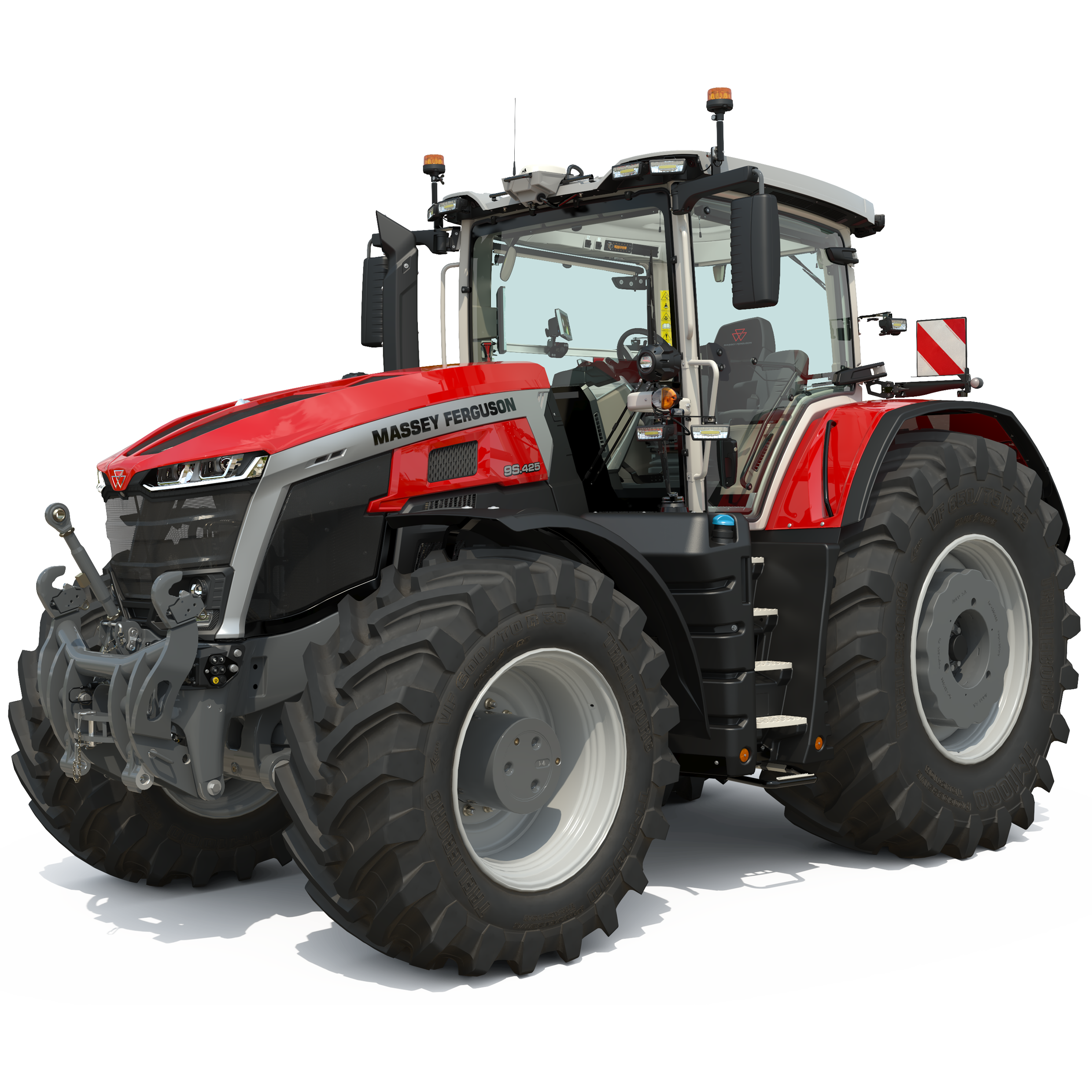
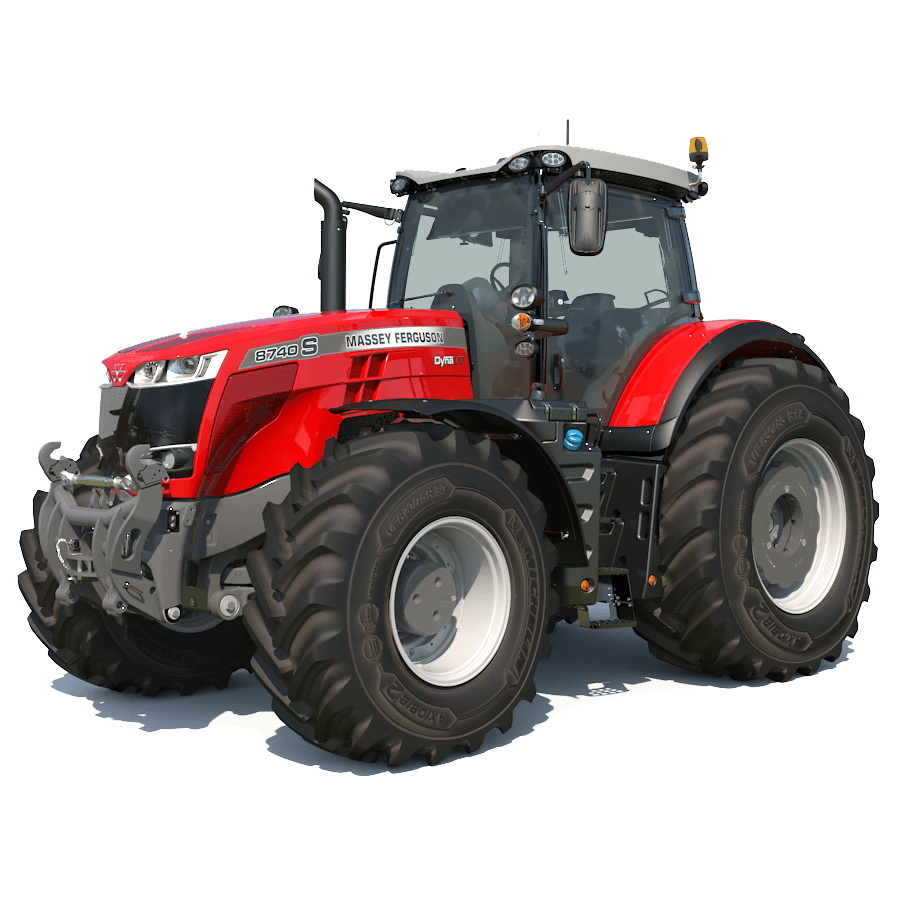
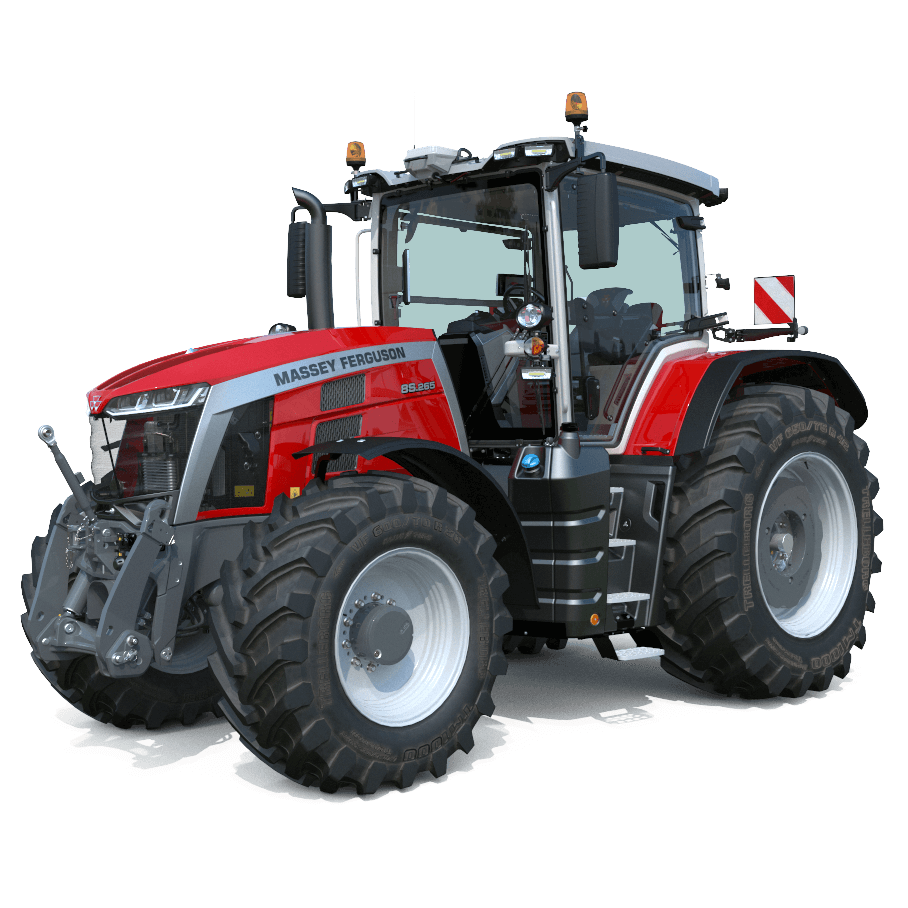
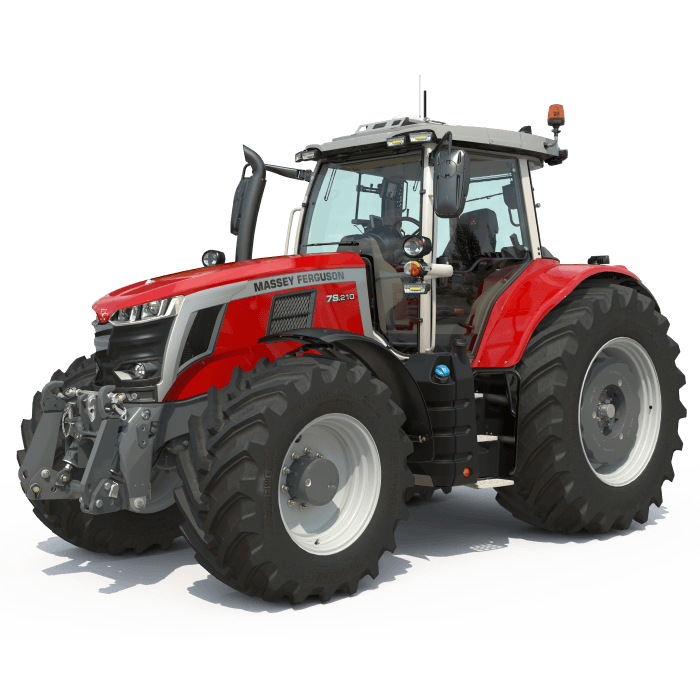
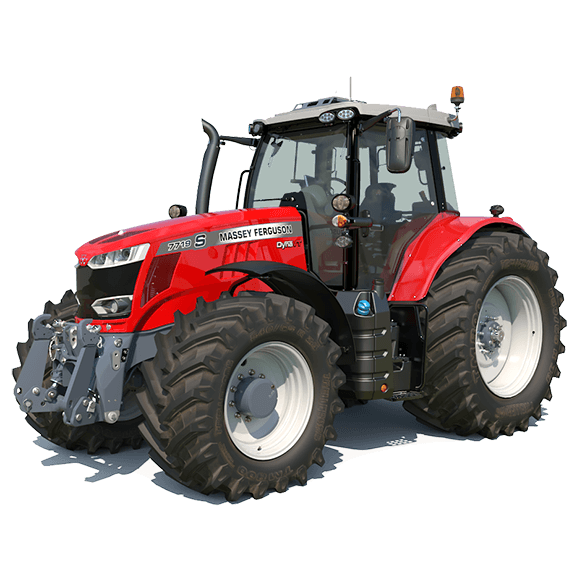

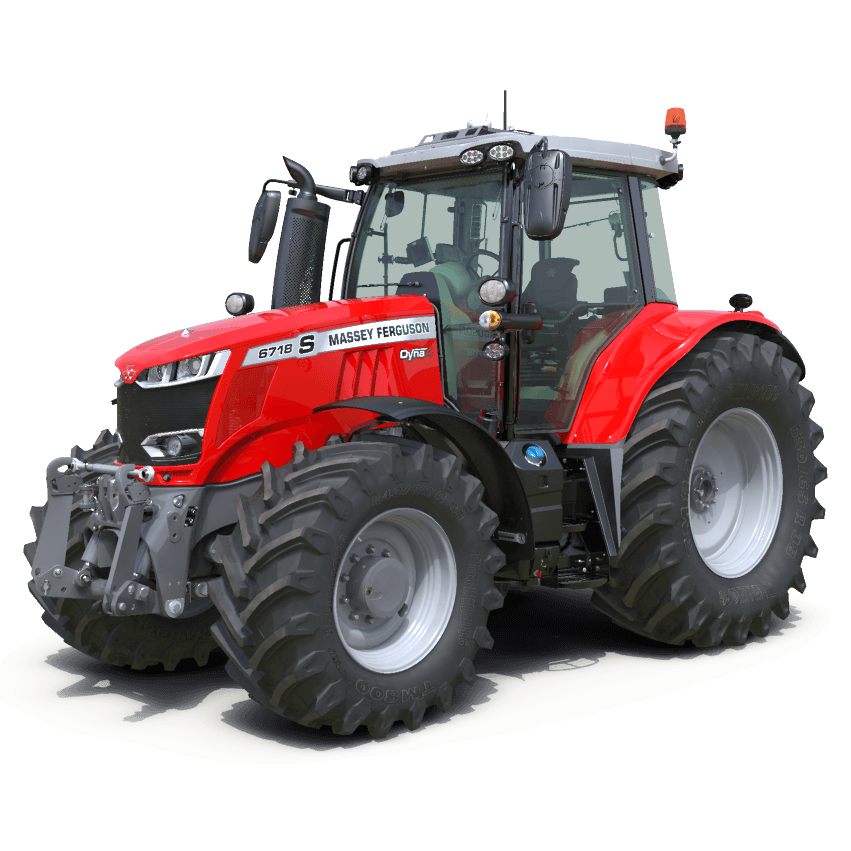

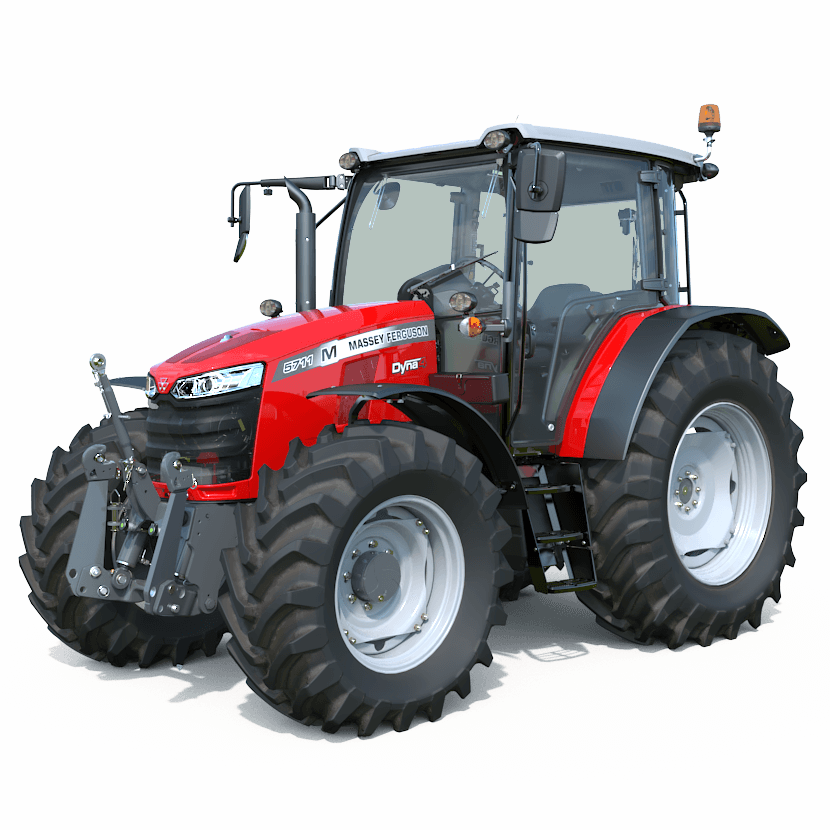

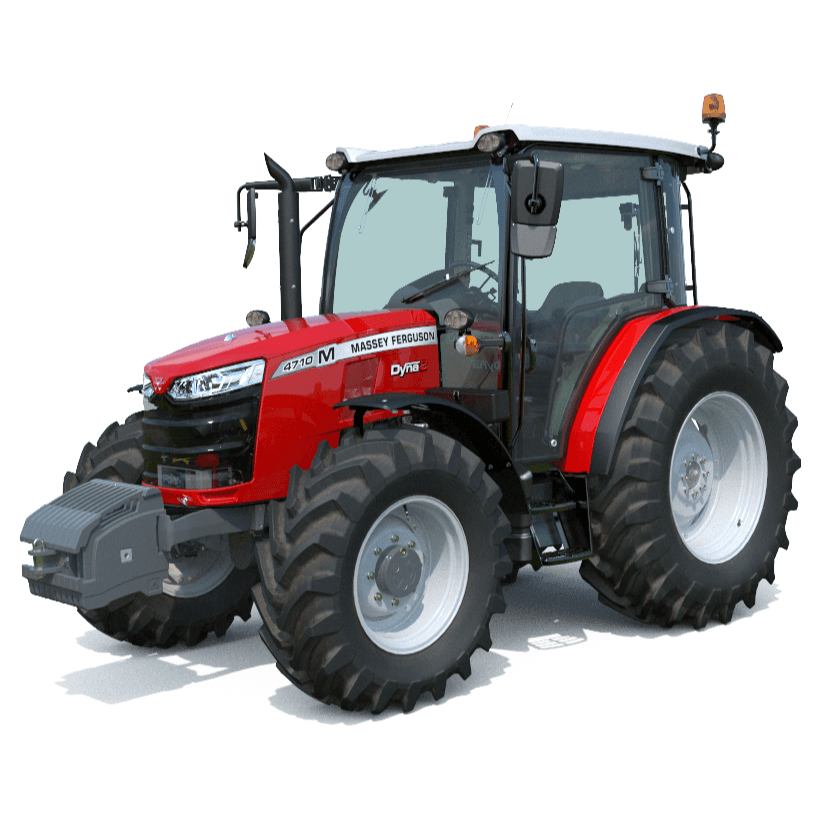
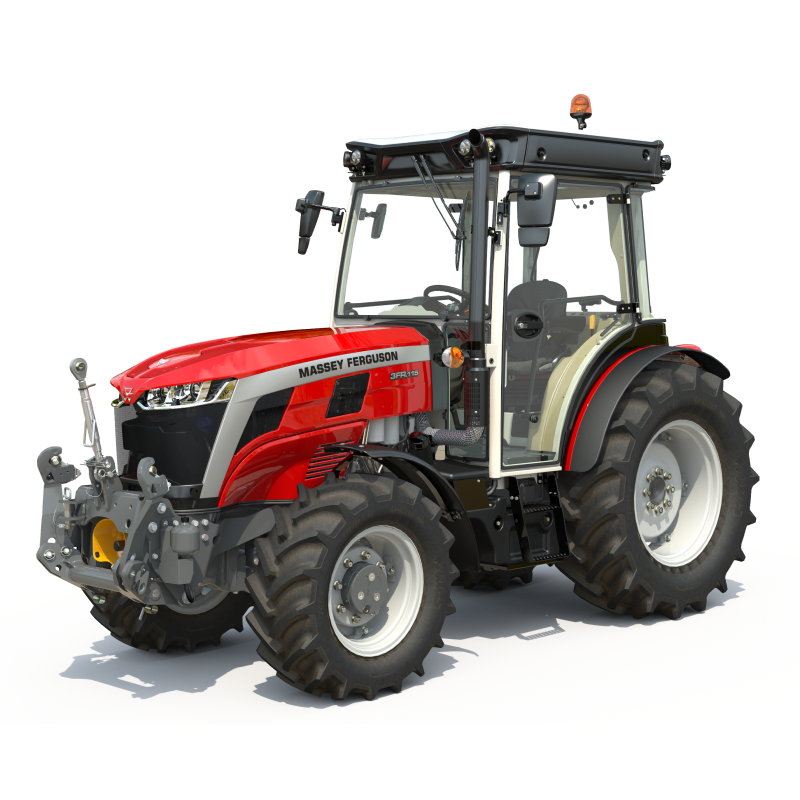
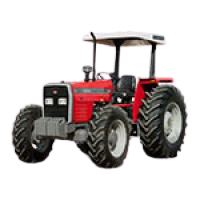

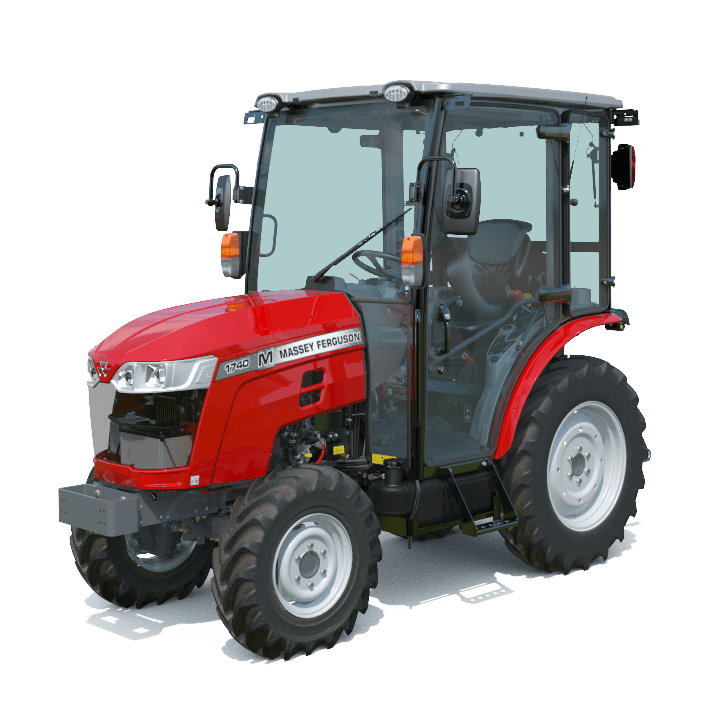


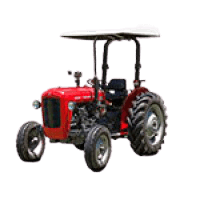
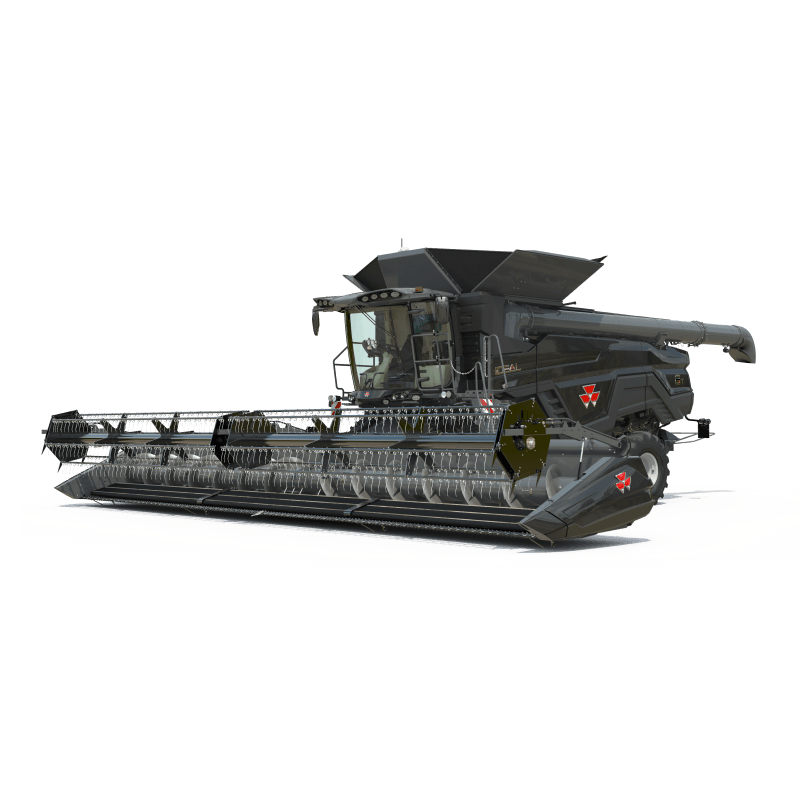
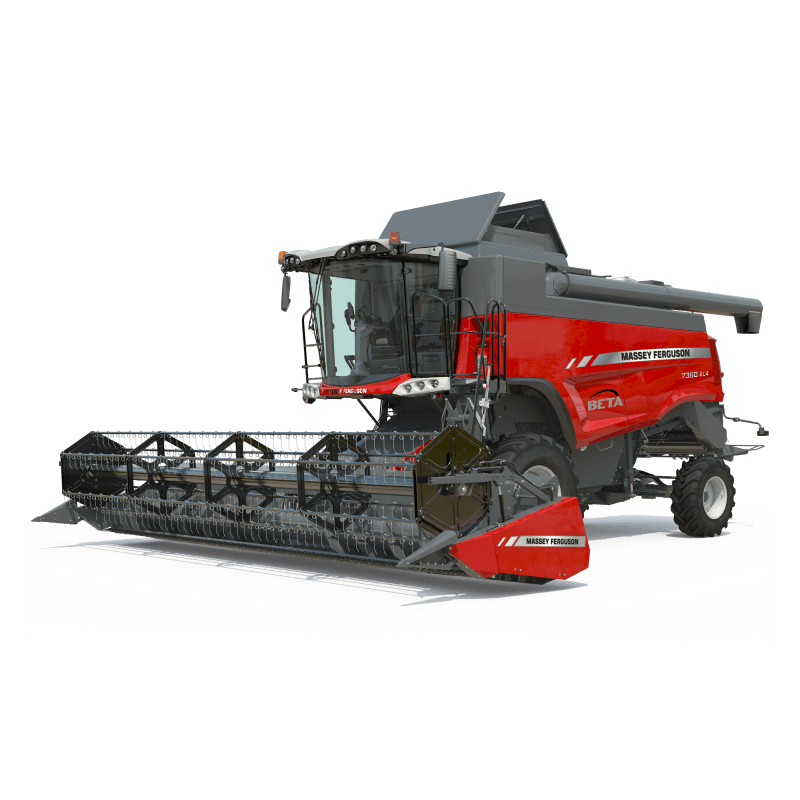
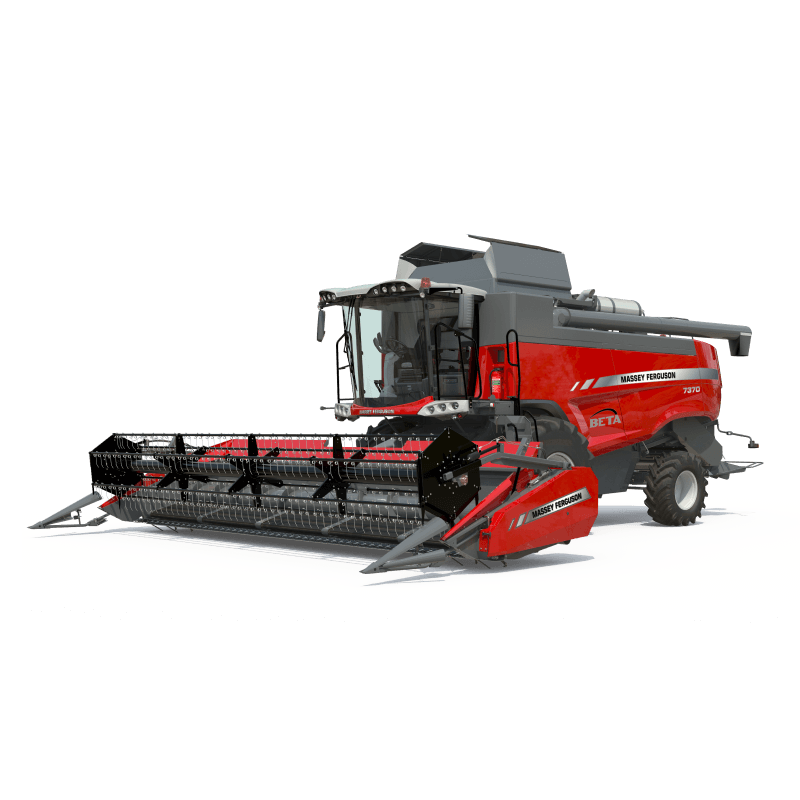
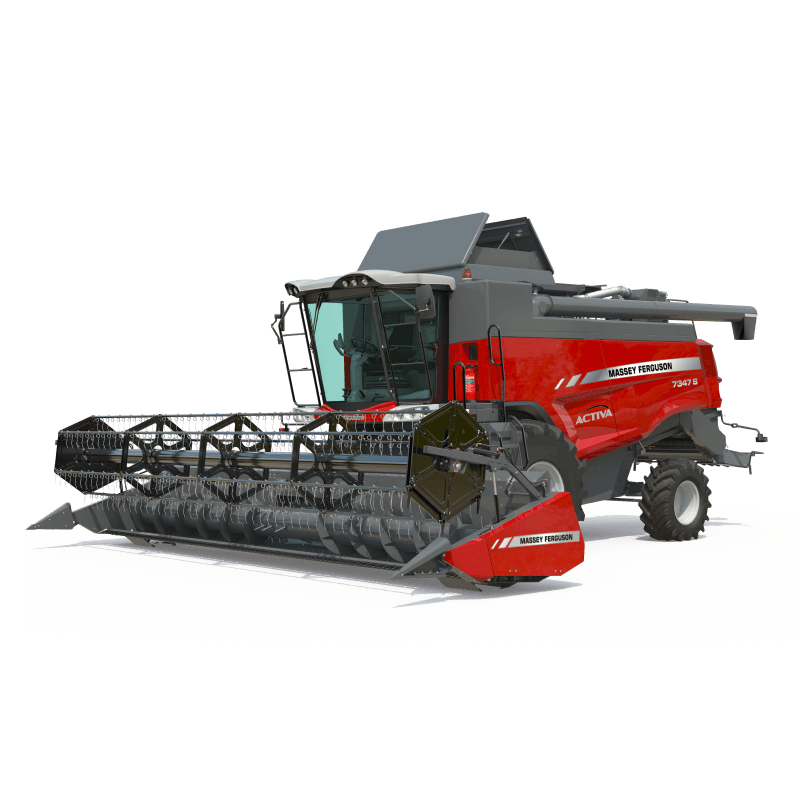
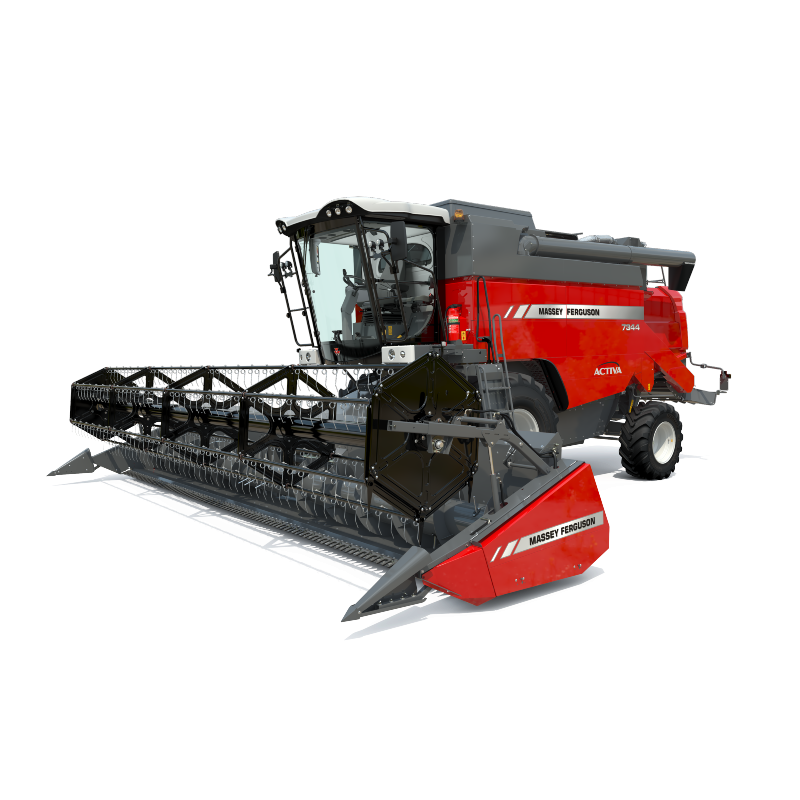
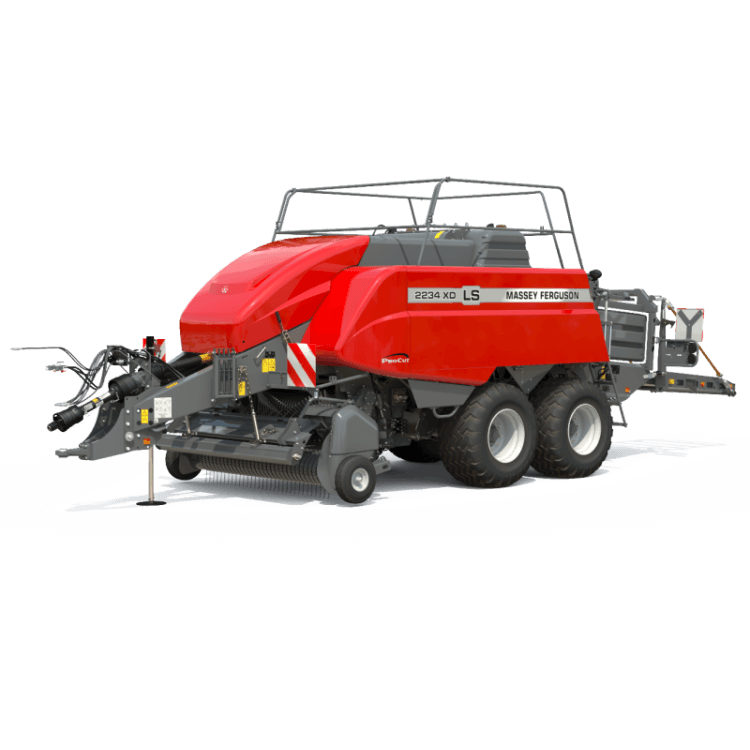
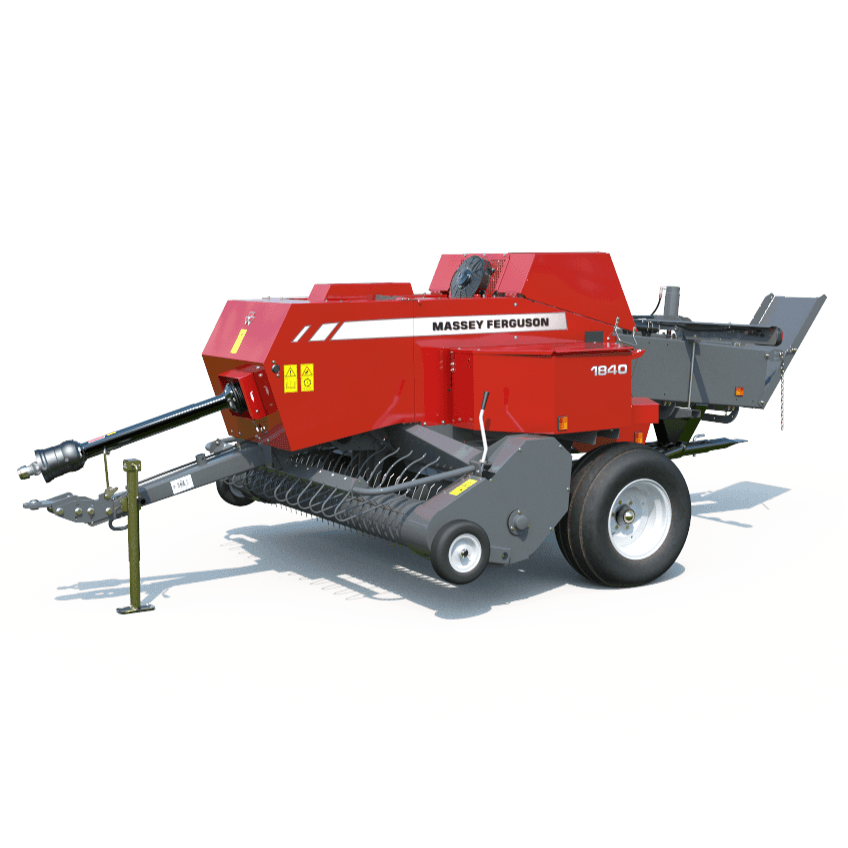
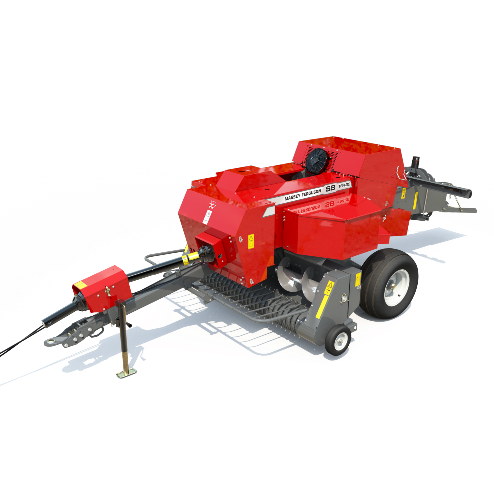
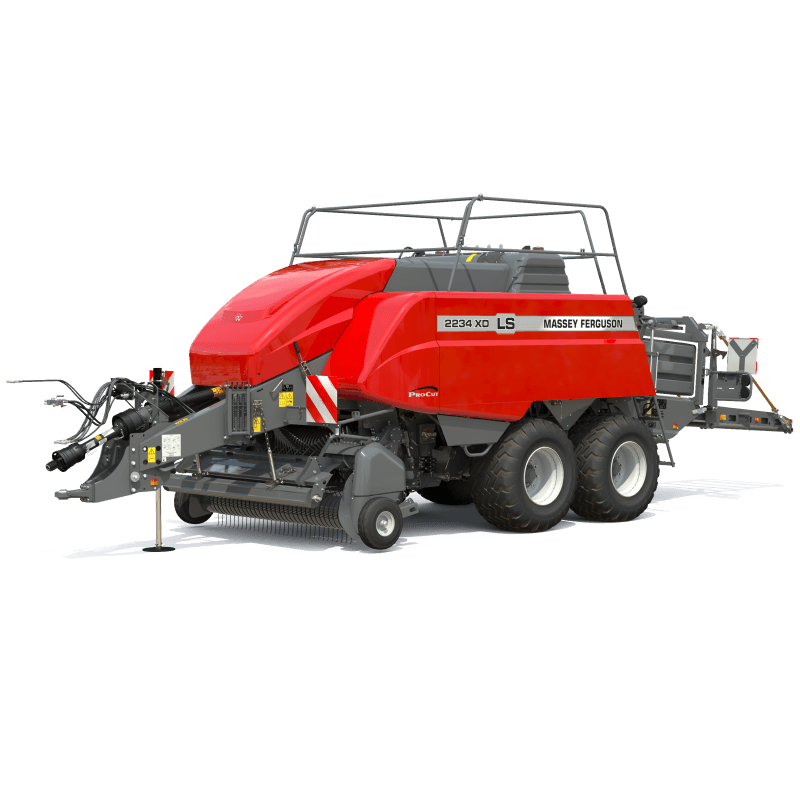
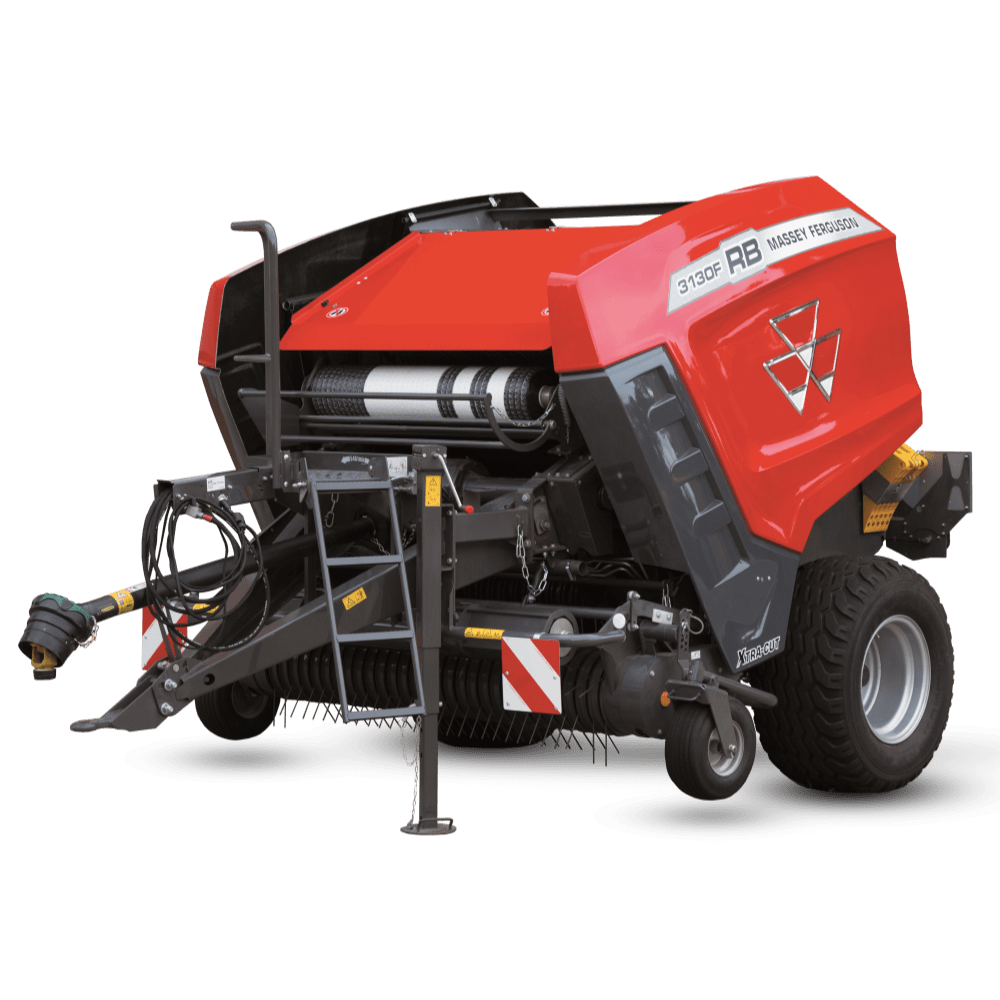
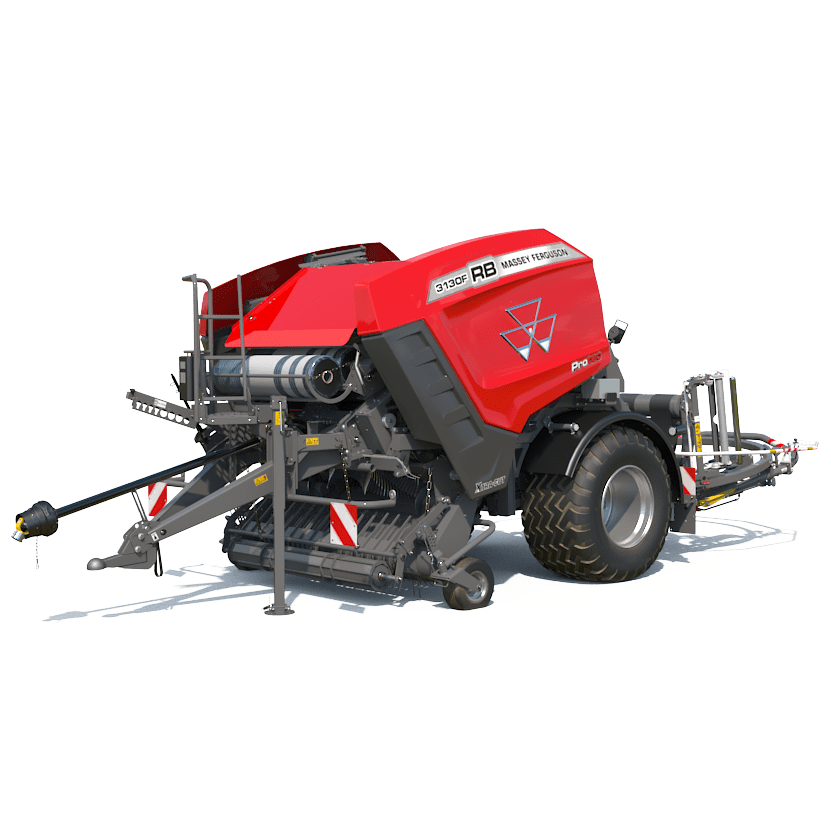
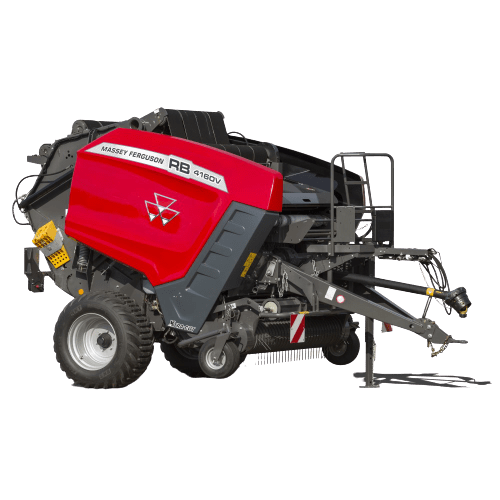


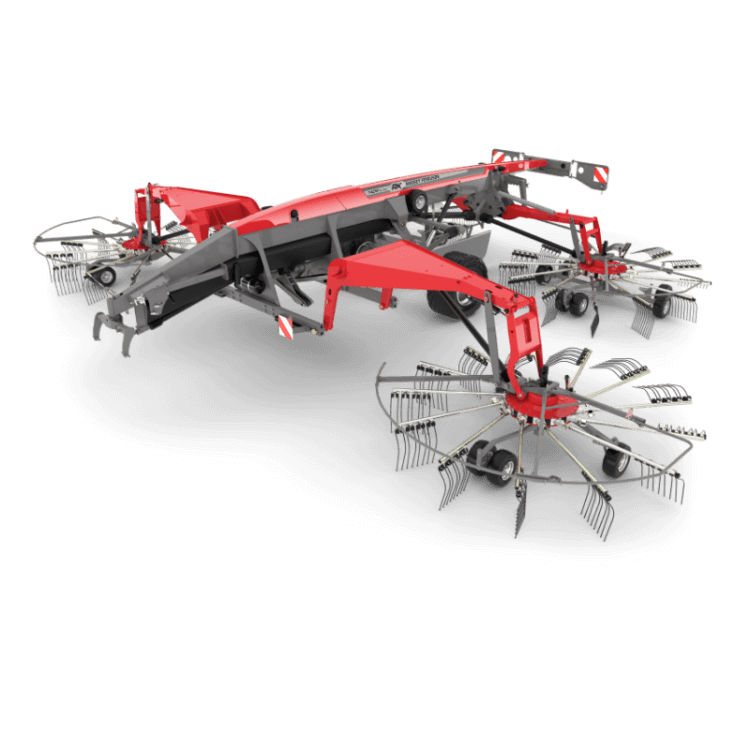
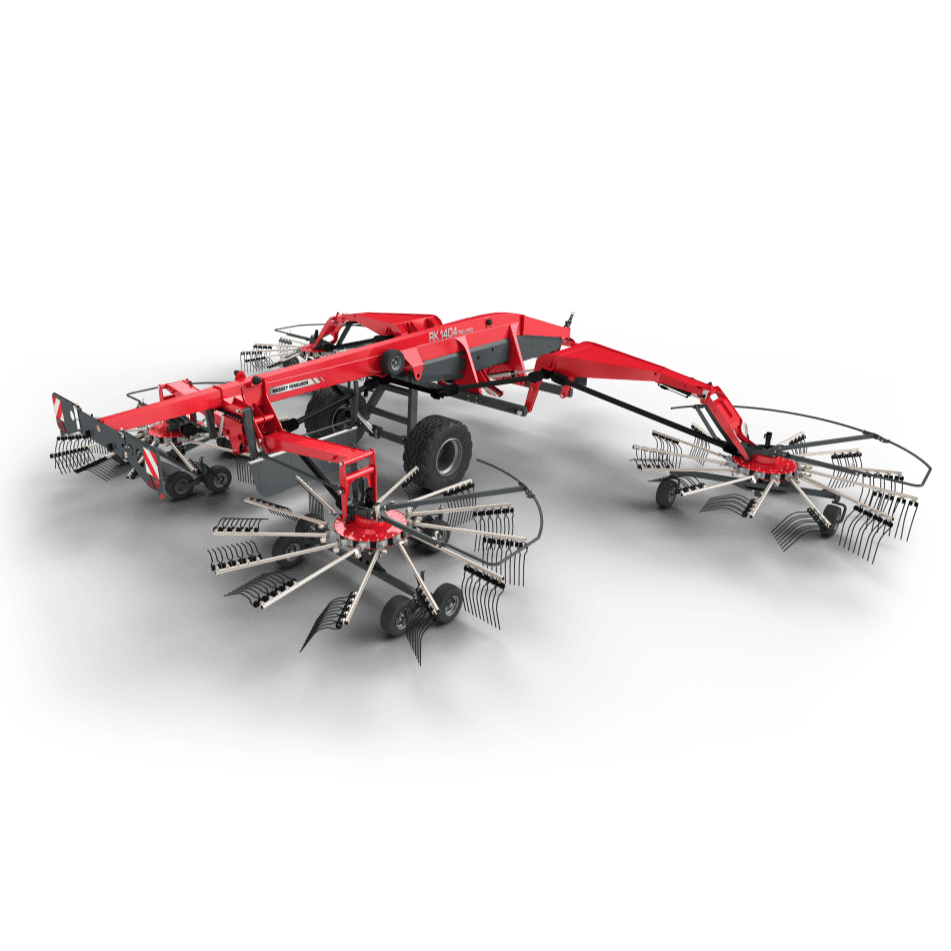
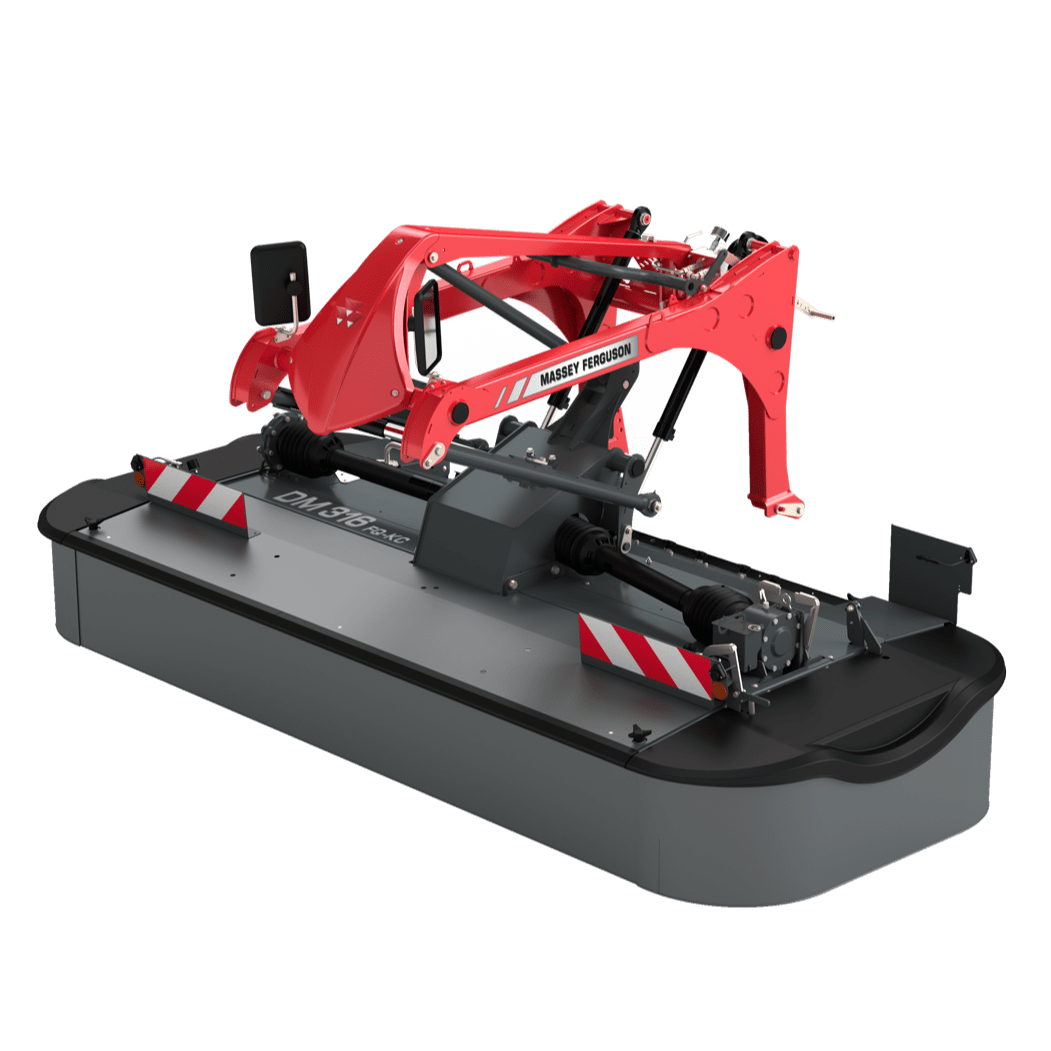
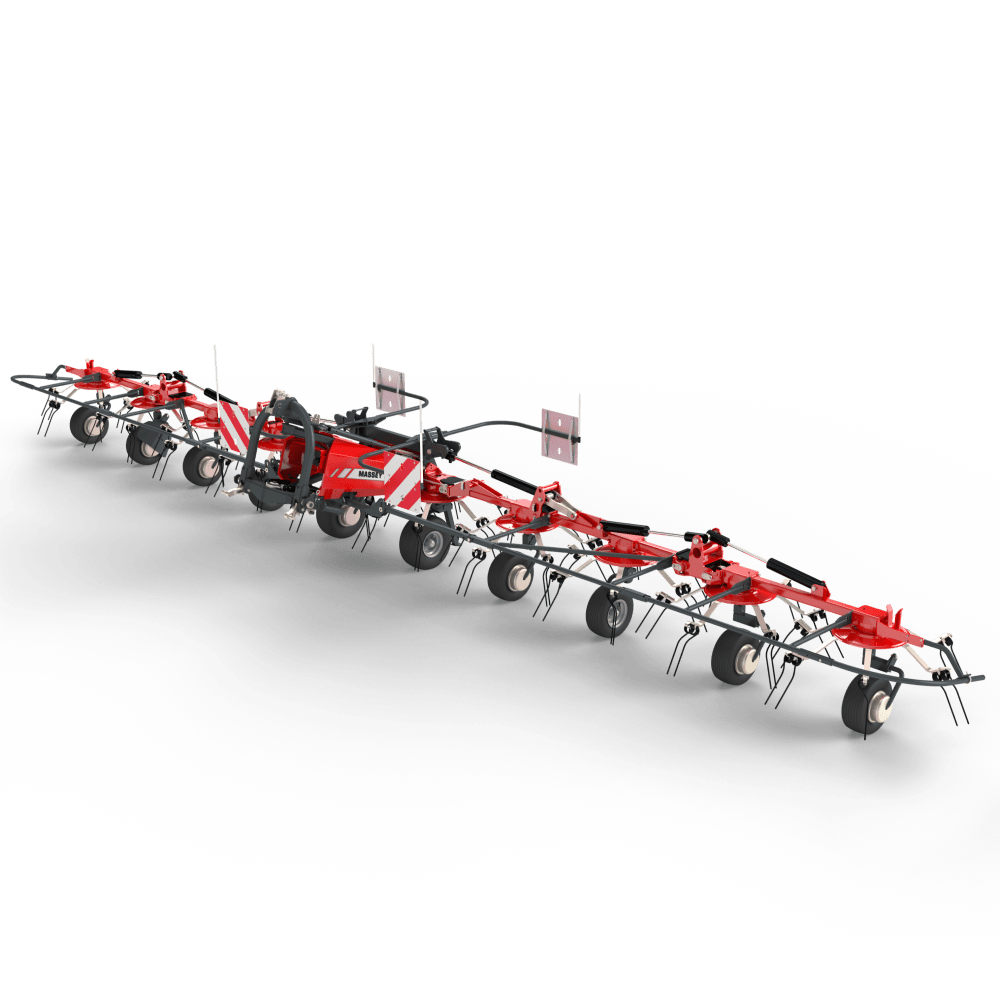
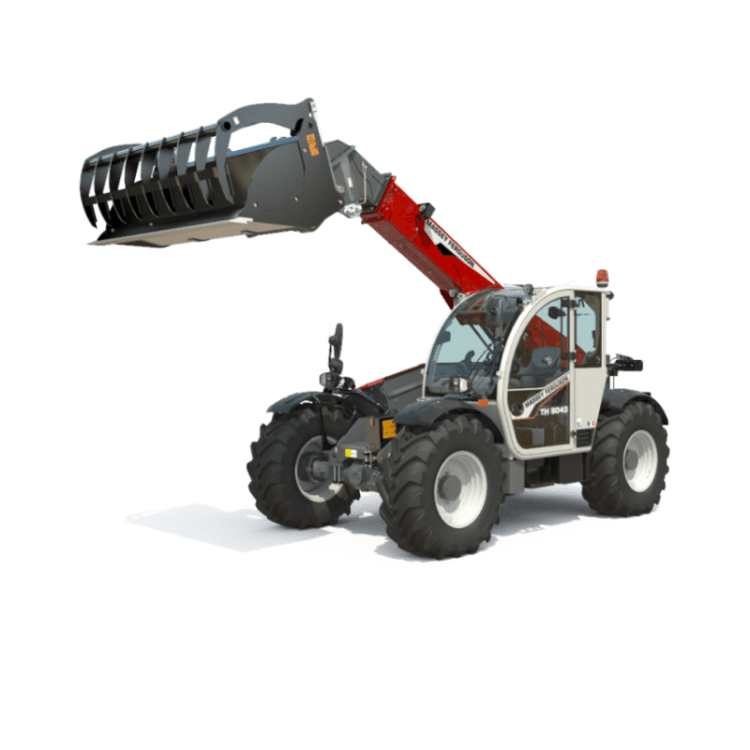

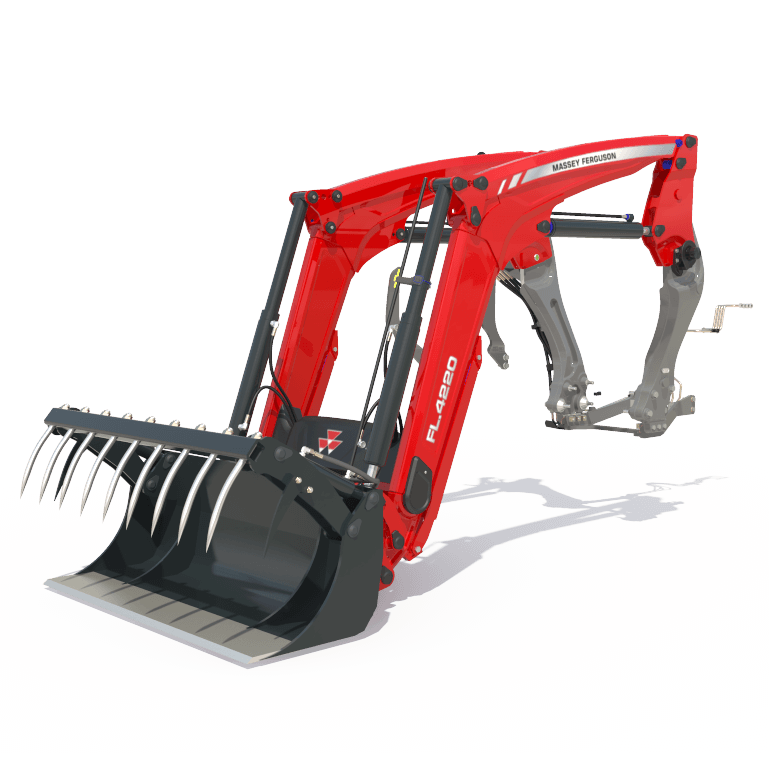
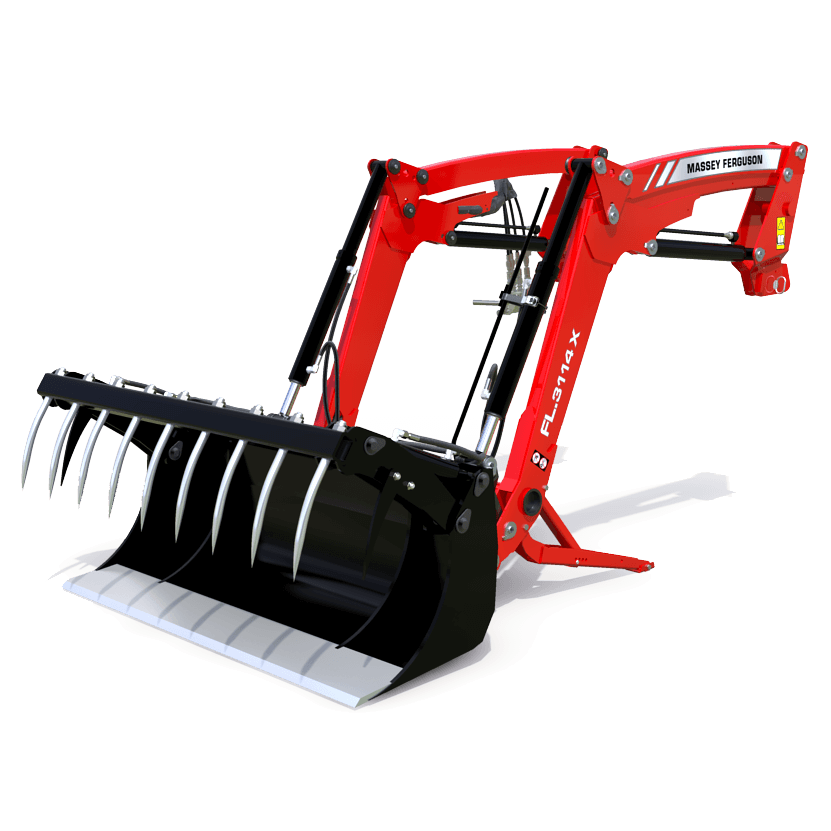
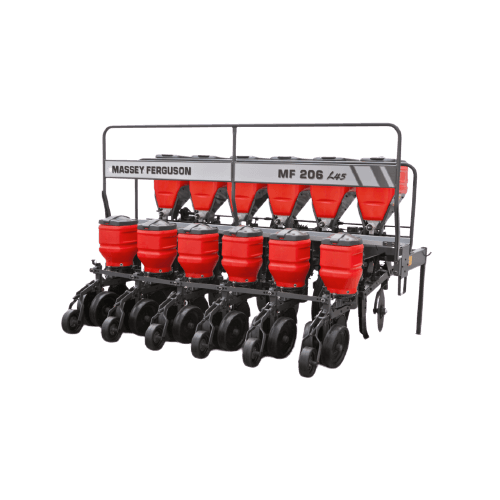
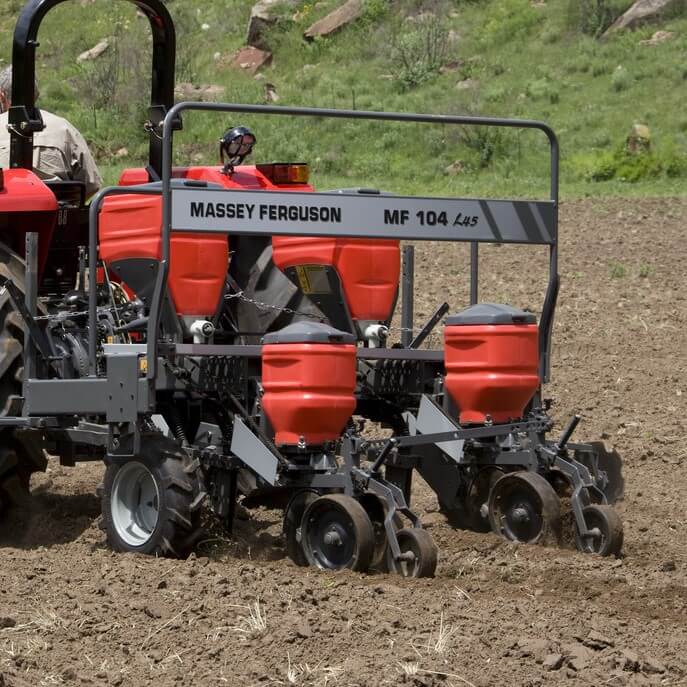
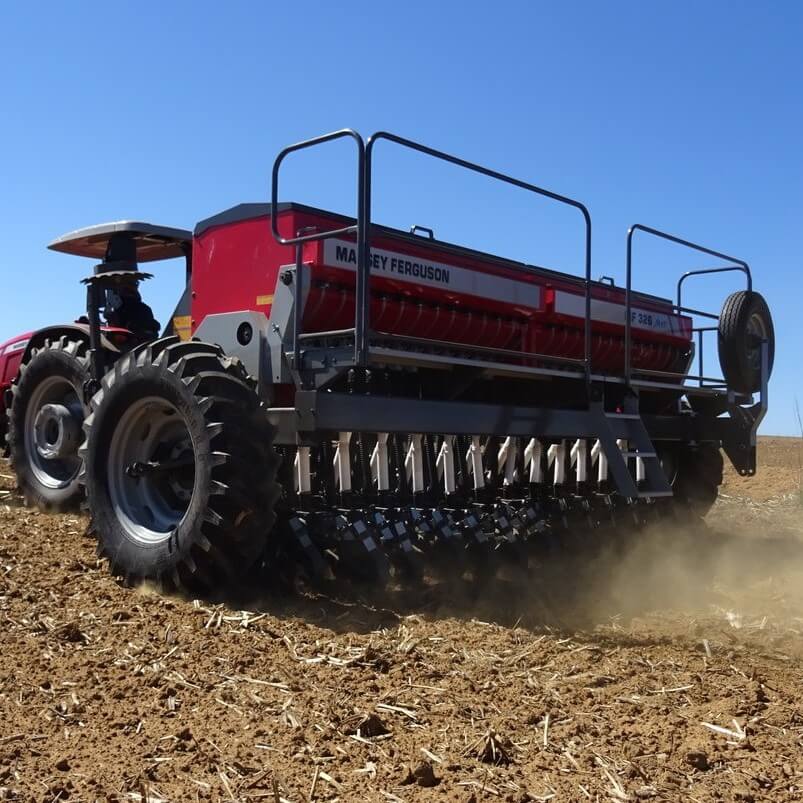
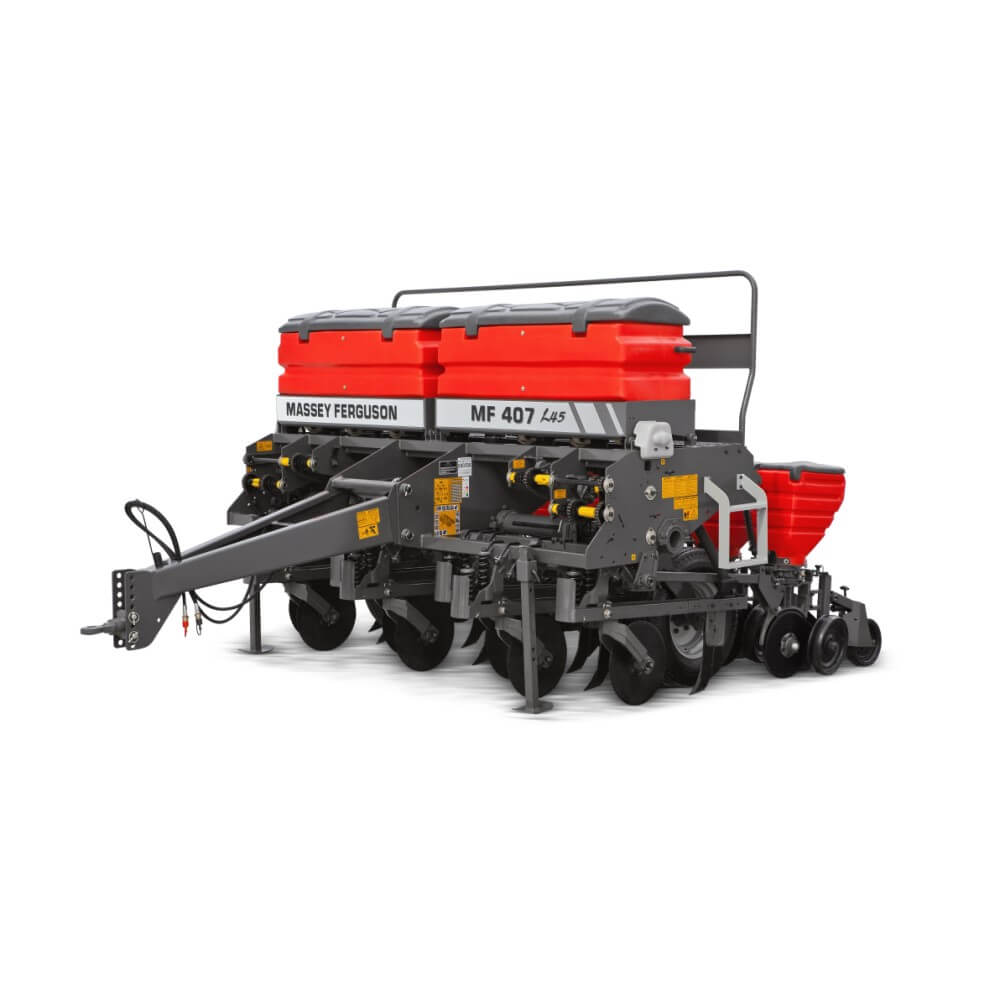
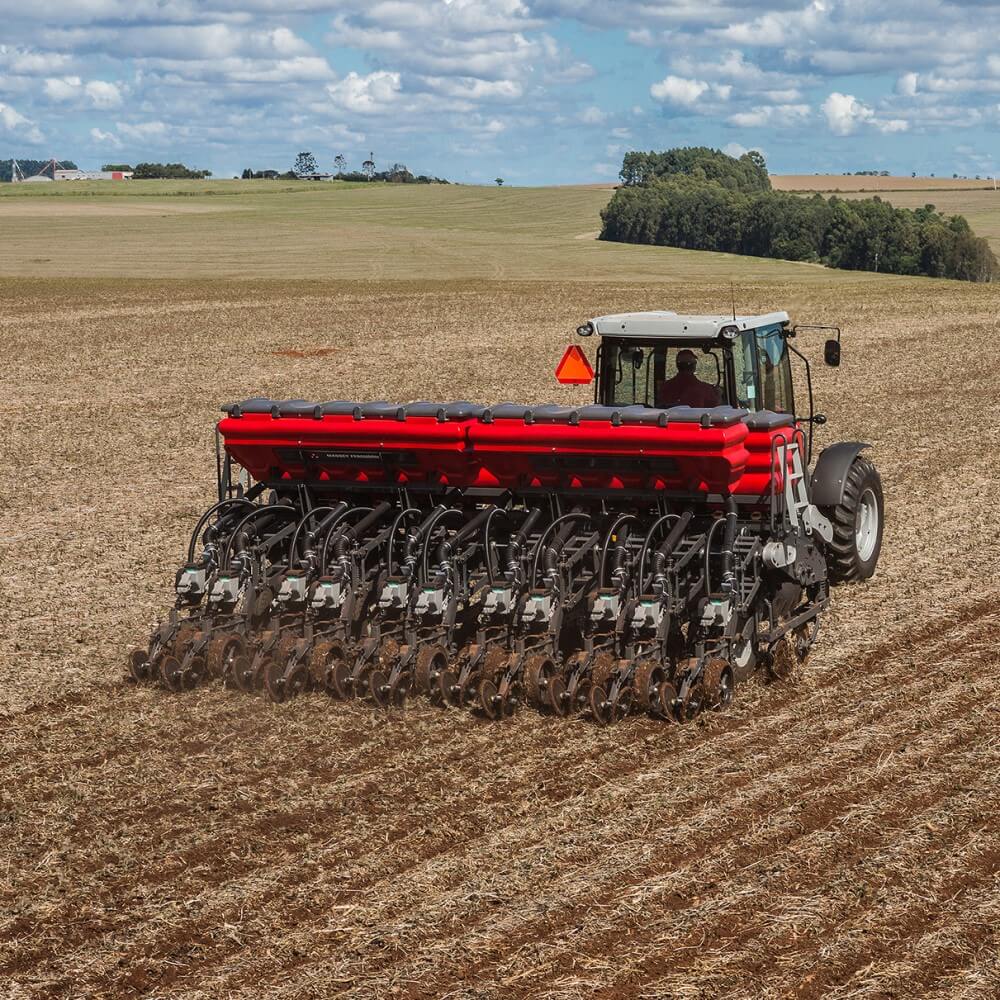
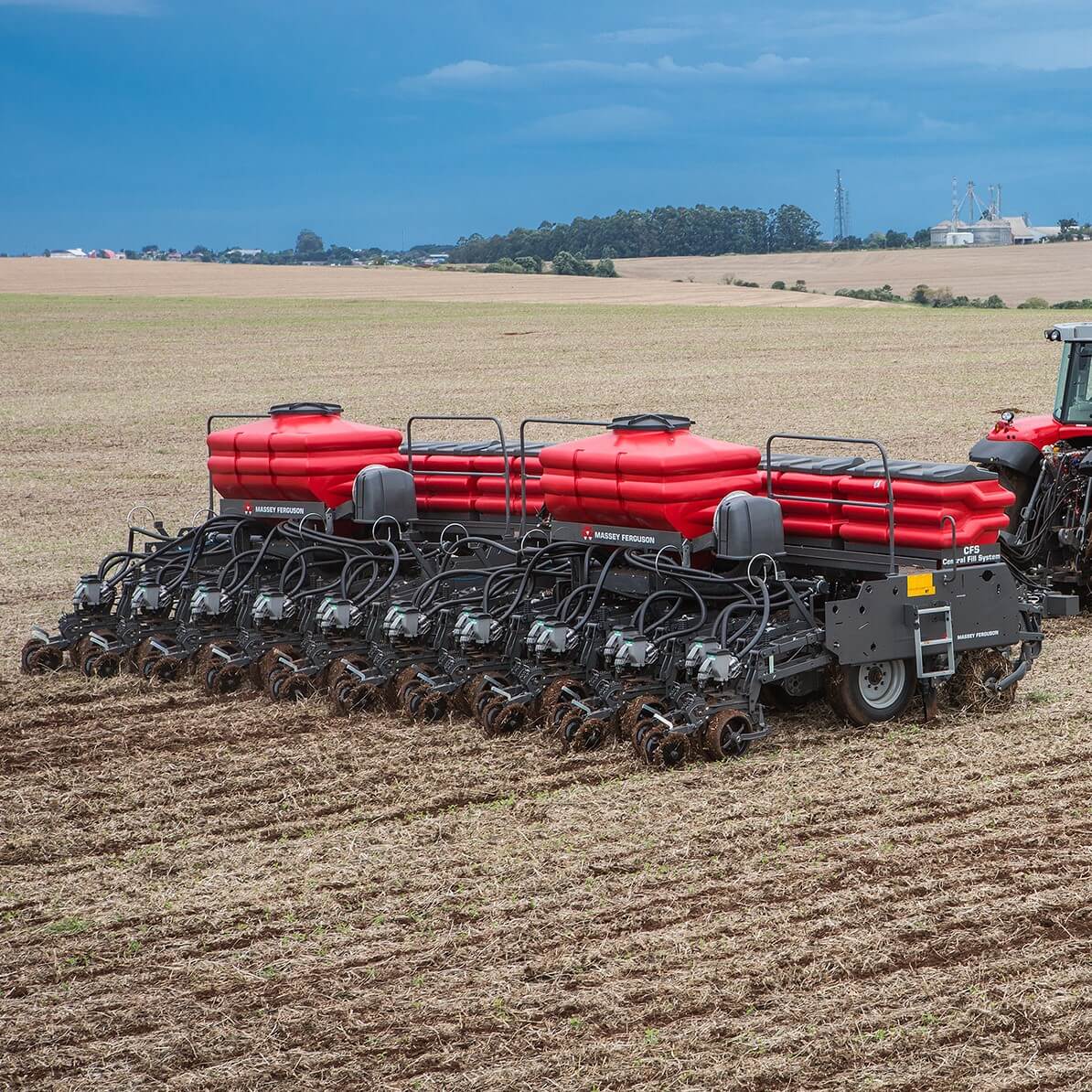
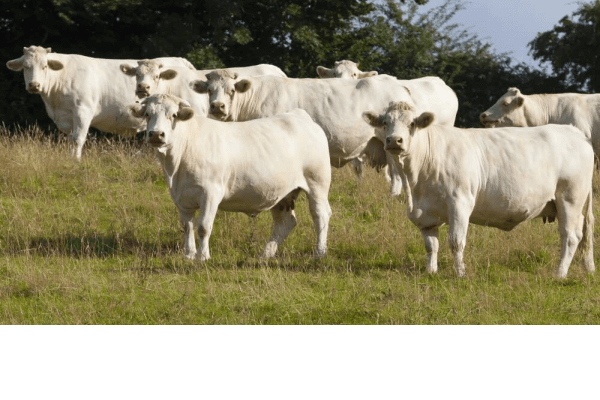
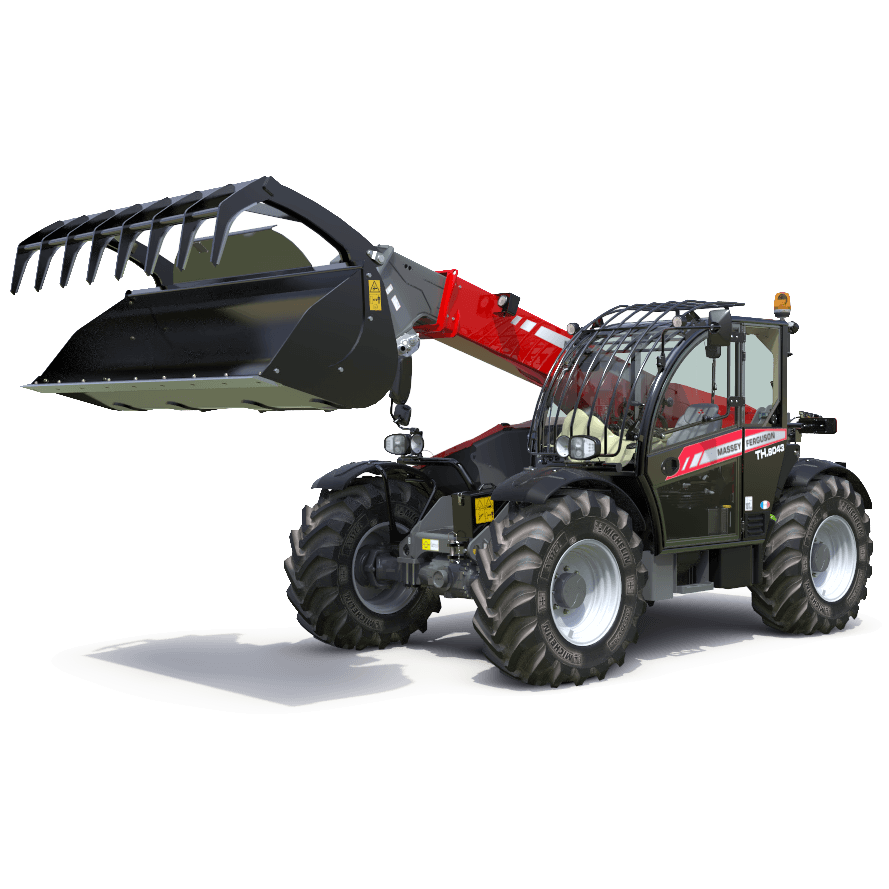
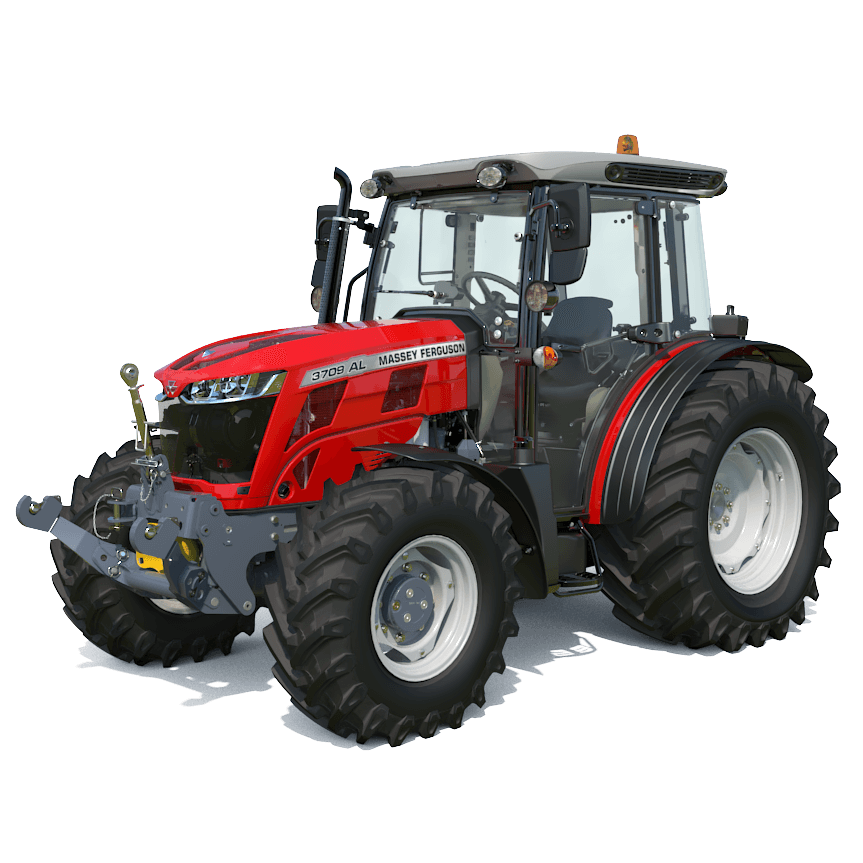
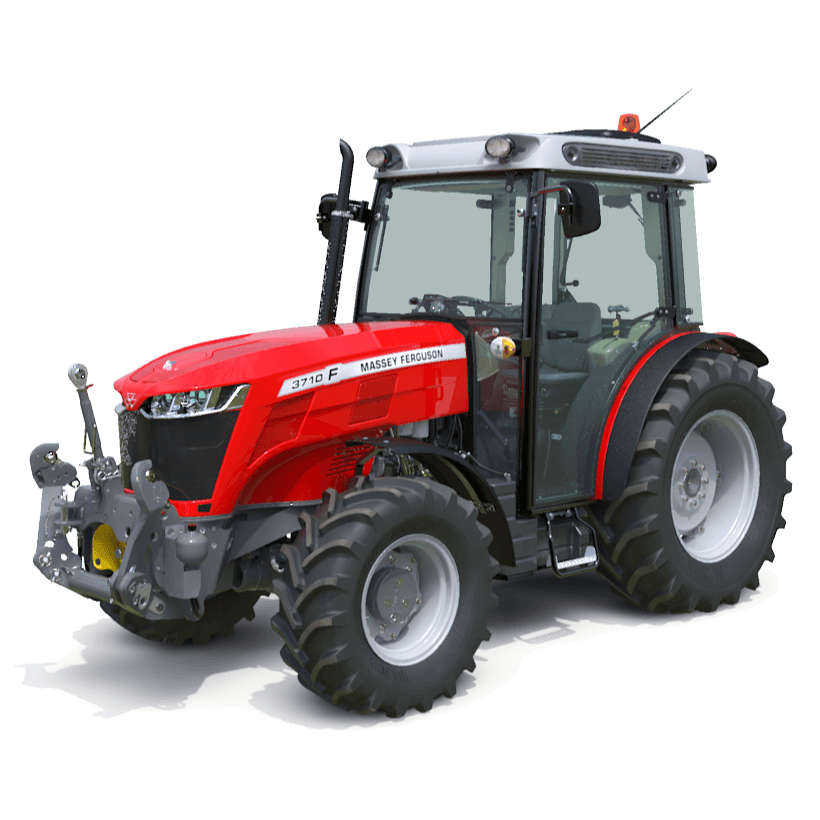
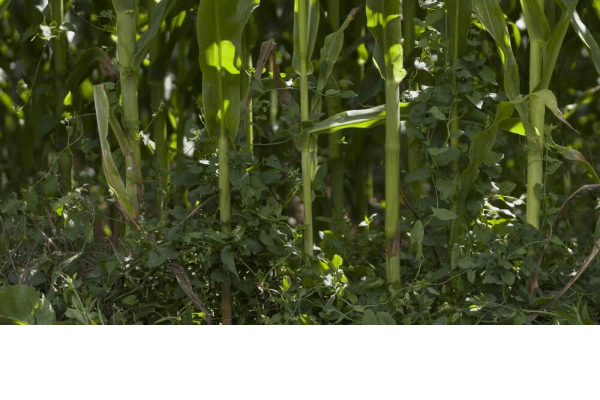
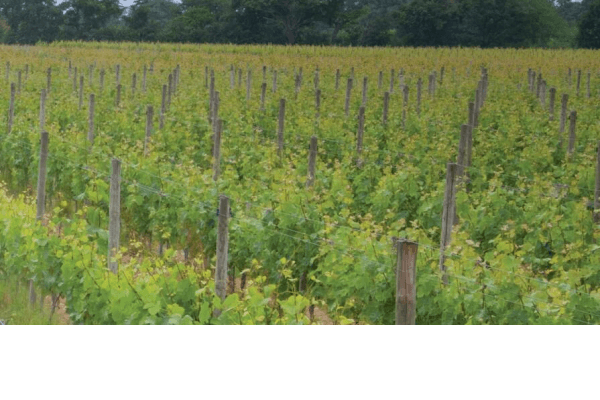
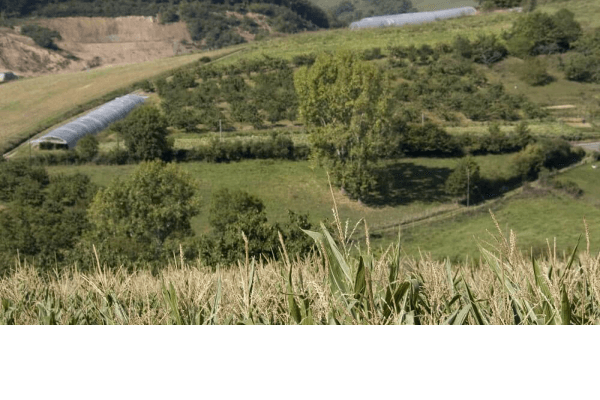
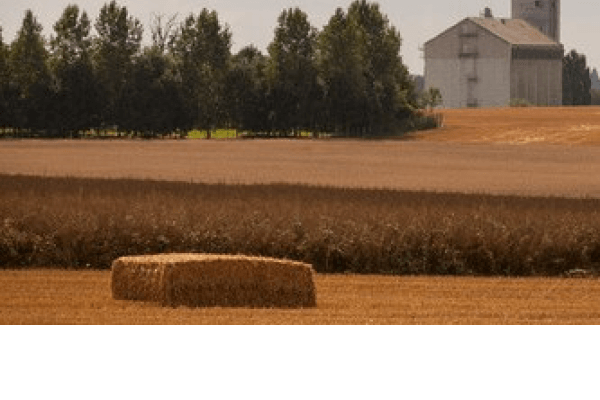

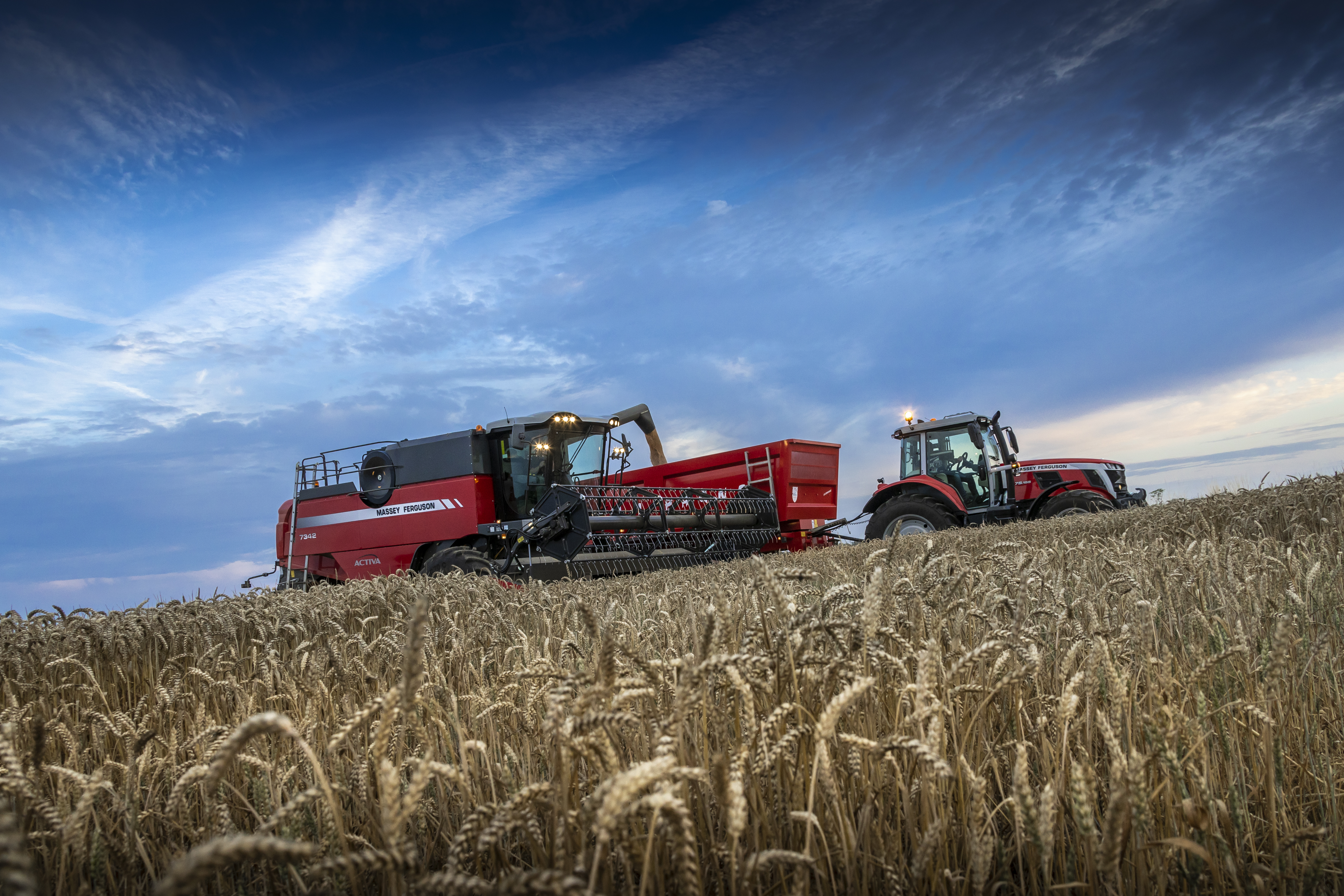
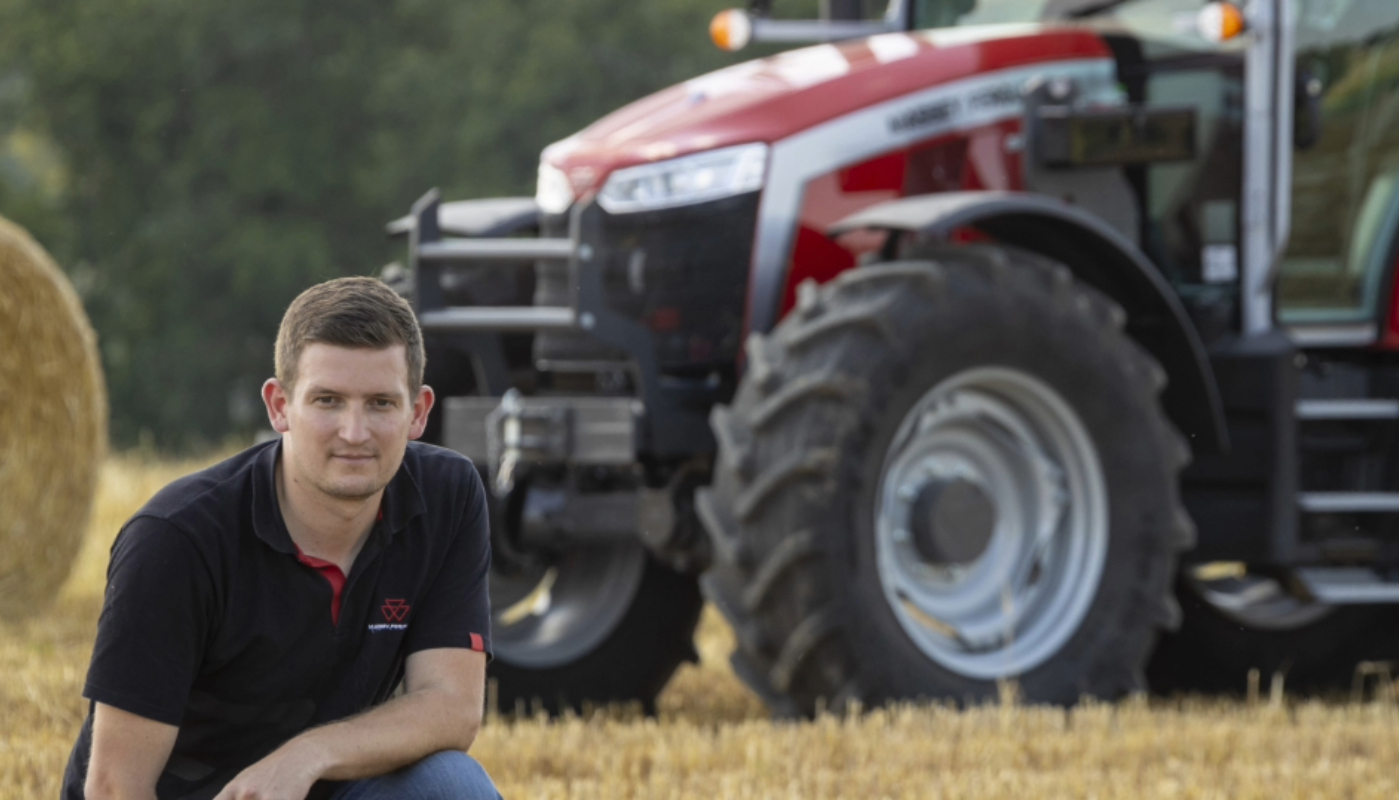

Share